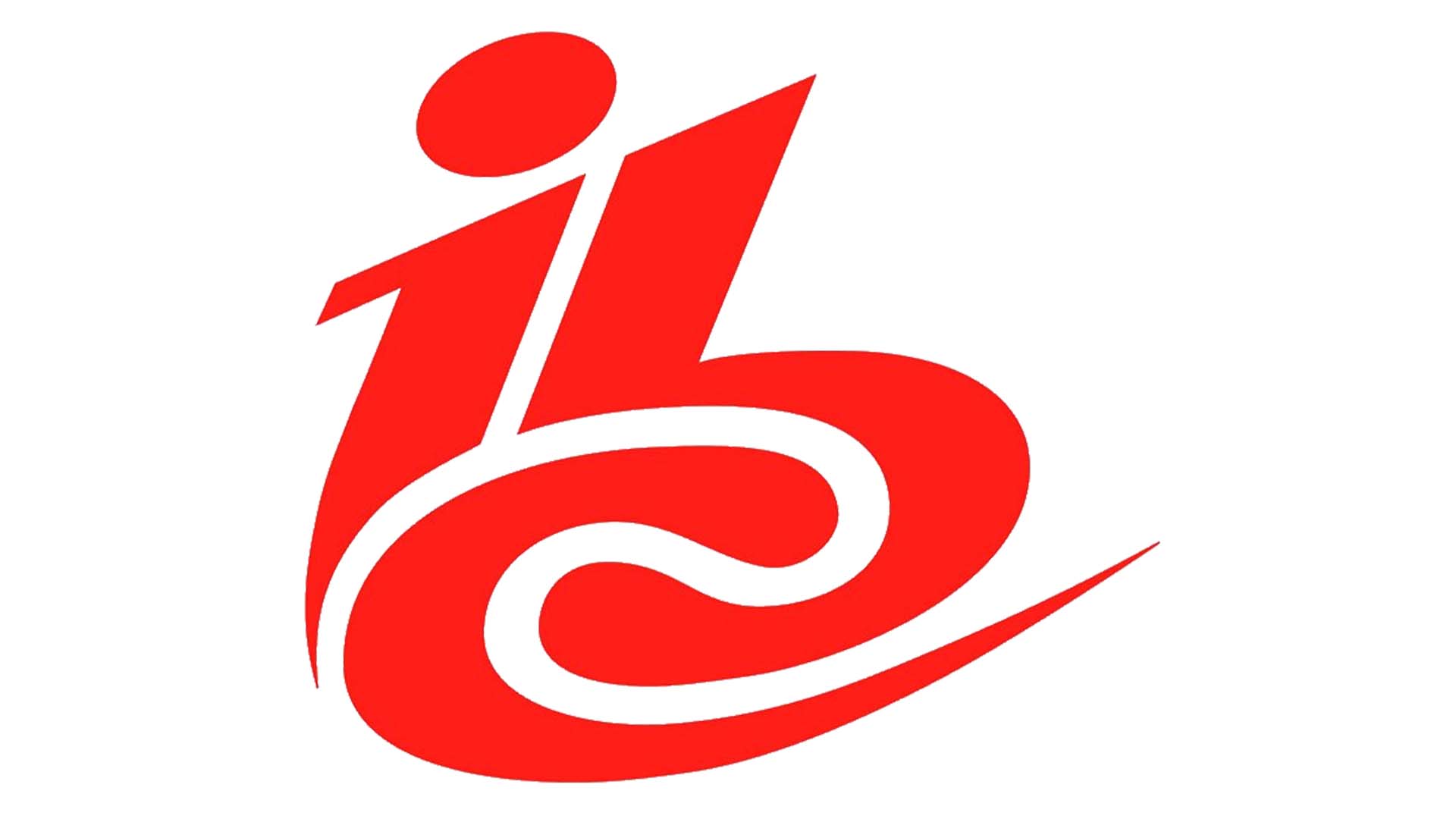
The future of tradeshows is in the balance, but it hasn't stopped technology from progressing considerably.
If you're involved in the video industry IBC is a big deal. The show, which has been running for over 50 years, had never had to cancel until Covid hit. It's one of many large and well-attended shows that have had to cancel in the past, nearly two years.
This year the organisers took a gamble. They delayed the show from its traditional September slot and moved it to the beginning of December. It seemed like a potentially good ploy. Mainland Europe was coping with the virus very well, and it looked to most as if the worst was over. Unfortunately, cases in the Netherlands began to rise again, and the Government decided to enact a firebreak lockdown for three weeks, beginning last Friday.
The lockdown goes right up until the first day of IBC2021 on the 3rd December, but that fact doesn't get the show out of the woods just yet. It's quite possible that, if case numbers don't show any signs of movement in the right direction, the lockdown could be extended, making IBC impossible. That's going to cause a lot of problems for anyone who was planning to fly in. Already major exhibitors such as Sony took the decision not to attend earlier this year.
Technology continues apace
Whilst it will come as cold comfort to anyone involved in the organisation of such events, the lack of a tradeshow calendar has not slowed progress on a technological front. If anything it has sped things up. Manufacturers have been less dictated to in terms of product release scheduling and announcements. Great strides have been made in terms of remote working, communication, and yes, tradeshows.
Ironically, I have had more face to face meetings and discussions with relevant people at companies during Covid than before. For me, companies have seemed more accessible due to the acceptance of video calling as a norm rather than an exception. It also means I can talk with people more directly, without the distraction of a hectic schedule, the noise and bustle of a trade show floor, or having to compete to ask questions with other journalists. But it's symptomatic of much wider development, and a coming of age for both remote working and collaboration.
I suggested when Covid first pushed us into lockdown last year that far from hindering technology, it would fuel an exponential change to meet the needs of the time. Every company from Zoom to Frame.io, to Dropbox to Vimeo and many, many more, have made huge improvements to their services to meet the needs of users.
If I want to collaborate on an edit within Resolve remotely, I can. My co-worker doesn't even need me to send them physical media since we can work with Frame.io. But it doesn't stop there. It's also possible with some camera systems to film on-set, and a director or colourist can see the live stream of whatever is being filmed on the other side of the world. The colourist can even receive full-resolution footage and get to work on looks almost as soon as the record button has stopped.
This type of development is now becoming commonplace. Eventually it will be expected as a standard, and it will get even better and more convenient. Some people are opposed to this, but what will inevitably get missed in any discussion about this type of technology is that it doesn't force anyone into a single way of working. What it does is it gives flexibility and choice. It's choice that is key here, because whilst physical trade shows get cancelled they can still go ahead, very successfully, as virtual events.
During this global crisis, inevitable changes to the way we work have now been brought forward very quickly. That's what happens when there's an immediate and important need for something. You there at the back, yes I know that the same couldn't be said of certain environmental conferences, but whenever the human race does put its mind to things, a lot of stuff gets done.


Comments